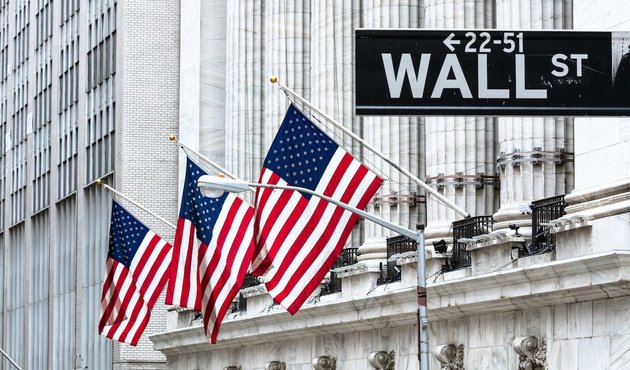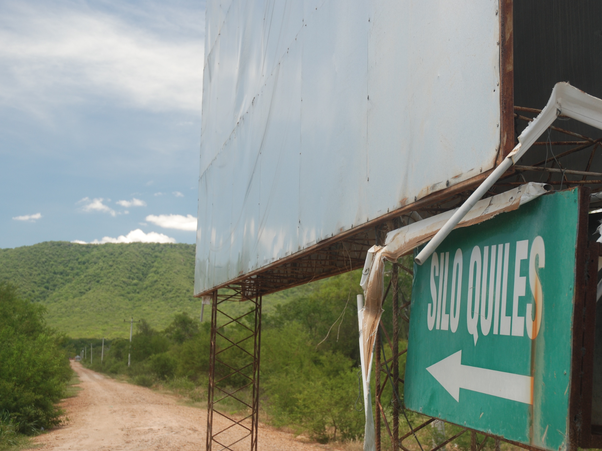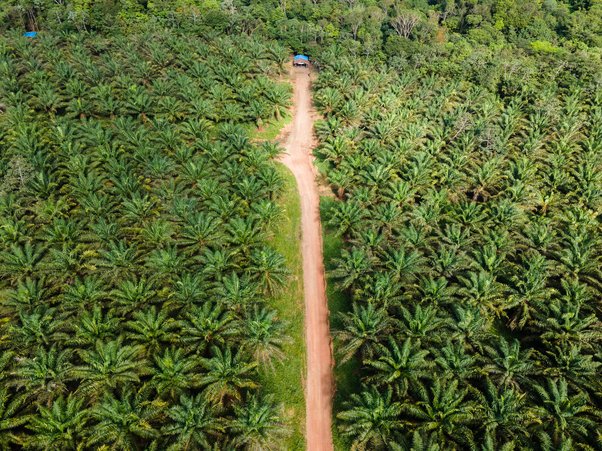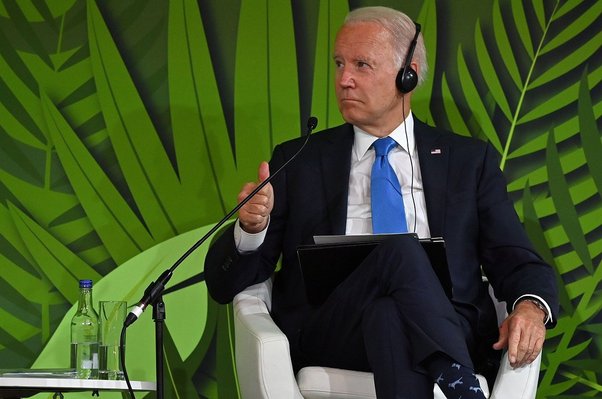US banks top the list of creditors for meatpackers tied to the destruction of 75,000 hectares in Paraguay's Gran Chaco in the last three years. Among the 10 lenders identified are banks with green pledges, including HSBC and Rabobank
Ten global banks have funnelled over $1.7 billion into meatpacking companies that have been linked to 75,000 hectares of deforestation in Paraguay's Gran Chaco within just three years, a Global Witness analysis has found.
Six of these banks, which account for over 70% of total financing in this period, have no public commitment to eliminate deforestation from their financing activities for all "high risk" forest commodity (e.g soy, palm oil, cattle and wood products) supply chains.
This includes the top two financiers – US banks JP Morgan and Bank of America, which together accounted for more than half (56%) of this financing.
Only four of them (HSBC, Rabobank, Mitsubishi UFJ and BBVA) have set a policy to eliminate deforestation from "high risk" forest commodity investments, but they continued to finance companies linked to deforestation in Paraguay, Global Witness can reveal.
Global Witness analysed data from Refinitiv Eikon to assess which banks were financing two meatpacking giants, Minerva Foods and Frigorífico Concepción, between 2021-2023.
During this period, the two firms purchased cattle from companies that source from farms tied to deforestation in parts of Paraguay’s Gran Chaco on a scale equivalent to the size of New York City, as recently revealed by a major Global Witness investigation.
Minerva Foods responded to that prior investigation, saying that it operates in accordance with environmental laws in Paraguay, uses satellite monitoring of suppliers and takes actions to block from its supply chain ranchers who engage in illegal deforestation and encroach upon Indigenous land.
Frigorífico Concepción stated a firm commitment to not purchasing cattle from areas affected by deforestation.
The Gran Chaco is a vital and unique ecosystem that is home to some of the last partially uncontacted Indigenous peoples in South America outside of Brazil, the Ayoreo Totobiegosode.
Cattle purchased by these two meatpackers between 2021 and 2023 were raised on farms overlapping some of the last remaining areas claimed by the Indigenous group, threatening their way of life and cultural survival.
If our territory were lost, the country would also lose a huge conservation asset
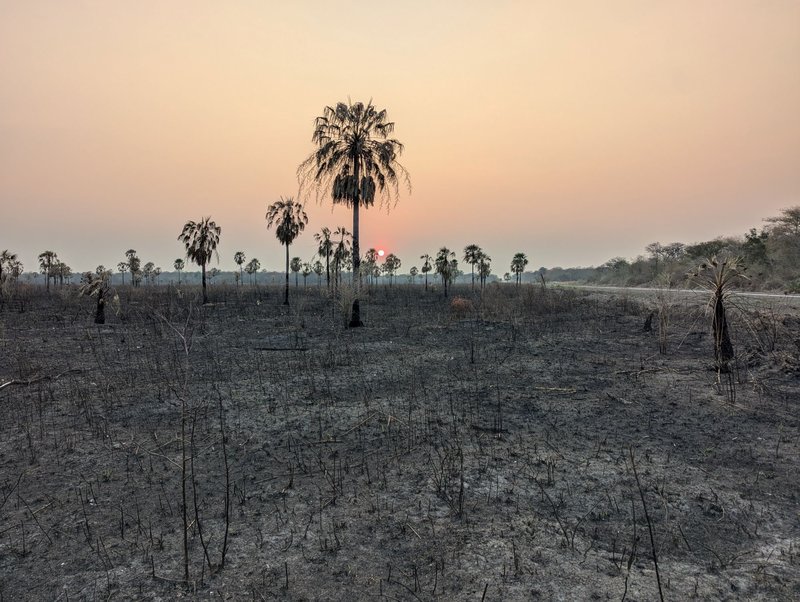
Global credit, local impact
Companies rely on financial services like loans and bond underwriting to carry out their business operations.
As a result, the institutions bankrolling Minerva Foods and Frigorífico Concepción in this period are indirectly responsible for driving deforestation in the Gran Chaco.
Excluding banks based locally in Paraguay and Brazil, Global Witness identified 10 banks responsible for channelling a total of $1.7 billion in credit to these two firms between 2021-2023.
These banks are located in a range of jurisdictions, including Santander and BBVA in the EU, Mizhuo Financial Group (MUFG) Bank in Japan and HSBC in the UK.
US banks, however, dominate the top 10 in terms of financing, with JP Morgan, Bank of America, Morgan Stanley and Oppenheimer all providing a combined $1.05 billion in financing over the three-year period.
Top provider JP Morgan gave $544 million in credit to Minerva Foods, while Bank of America provided $360 million to Frigorífico Concepción, along with an additional $68 million to Minerva Foods in the same timeframe.
Neither of these two banks have made an overarching commitment to eliminating deforestation from their supply chains, according to the most recent assessment of financial institutions’ anti-deforestation policies by the Forest500 – an annual scorecard produced by non-profit Global Canopy.
This suggests that neither US bank is taking the most basic steps to eliminate deforestation from their investment portfolios.
These findings clearly show how US banks benefit while the Totobiegosode are forced to deal with the consequences
This appears to be part of a wider trend of financial institutions failing to act on deforestation.
Last year, fewer than half (45%) of global financial institutions with the greatest exposure to deforestation-risk had published a single policy on this topic, according to Forest500’s annual report.
“These findings clearly show how US banks benefit while the Totobiegosode are forced to deal with the consequences,” points out Global Witness’s US Senior Policy Advisor, Ashley Thomson.
“The destruction is embedded in the routine operations across the finance sector, and the only way to weed it out is through strong regulations."
British bank HSBC was the third largest financier to these companies between 2021-2023, providing $209 million in credit to Minerva Foods, according to Global Witness’s analysis.
HSBC is among the four banks in this analysis who have set an overarching deforestation policy, which includes a commitment to not provide services to customers either directly or indirectly involved in deforestation.
The policy applies specifically to "high-risk" cattle processors with a slaughter-house capacity of 500 cattle per day or more, like Minerva Foods and Frigorífico Concepción.
Forest500 ranks HSBC 11th globally among financial institutions for its approach to deforestation, which is based primarily on their public policies.
However, as Emma Thomson, who leads the Forest500 project, recently told Global Witness, even where banks have set policies on deforestation, they often contain “significant gaps.”
For example, among the banks Forest500 assesses, evidence of adequate implementation “is often non-existent, while awareness of the human rights abuses that are intrinsically linked to deforestation and ecosystem conversion is staggeringly low,” Thomson said.
According to Forest 500’s report, one of the “key ways” that financial institutions can implement their policies in line with best practice is to require that clients set an “organisation-wide cut-off date” for eliminating deforestation from their supply chains.
However, none of the banks assessed by Global Witness have such a policy in place.
In addition, neither Minerva Foods nor Frigorífico Concepción has a comprehensive “zero deforestation” policy applicable for their Paraguayan operations – although Minerva Foods has committed to ending "illegal" deforestation from its direct and indirect supply chains by 2030.
The apparent weakness of banks’ anti-deforestation commitments is particularly acute for cattle products compared with other commodities that contribute to the majority of tropical deforestation.
Despite cattle-driven deforestation being the largest single contributor to global forest loss, financial institutions on average score lower for the strength of policies covering beef and leather than others like palm oil and soy, according to Forest500’s assessment.
Global Witness contacted all 10 financial institutions mentioned in this report for comment, but none of them provided specific responses to the allegations.
Four of them, in addition, referred to their own environmental policies. Read relevant extracts of the responses received.
Although both Minerva Foods and Frigorífico Concepción claim to use state of the art satellite monitoring technology to ensure the compliance of their suppliers with their sustainability policies, this technology appears unable to prevent the incidences of deforestation in their supply chain identified by Global Witness.
Potential impacts on people and climate
Experts warn that the Gran Chaco could disappear by 2080. The ongoing deforestation not only jeopardises Paraguay's environmental future but also poses a direct threat to global climate stability.
For the Ayoreo Totobiegosode Indigenous community, who have seen their territory routinely invaded by ranchers, their very existence is also at stake.
Last month, Guede*, a spokesperson of the Indigenous group told Global Witness in Paraguay: “If the Ayoreo ceased to exist, Paraguay would lose a part of its fundamental spirit. If our territory were lost, the country would also lose a huge conservation asset.
"The greatest conservation assets [of] Paraguay have nationally been within Indigenous territories.
“Authorities must act now for the future.”
* This name has been changed at the request of the interviewee
Methodology
Global Witness analysed data from Refinitiv Eikon showing credit provided to Minerva and Frigorífico Concepción between 2021 and 2023, including loans, revolving credit facilities, bond and share issuance.
For all credit issued, a total amount associated with the deal is available from Refinitiv Eikon. In some cases, a breakdown of contributions from each financial institution involved in the deal are available. However, this is not always available for each deal.
We estimated each financial institution's share by using available contribution data from Refinitiv Eikon. If no breakdown was provided and only one institution appeared to be involved, we attributed the full deal value to that institution. When contribution data was unavailable but deal fees were provided, we allocated the deal value based on each institution's share of the fees.
Read this page in
